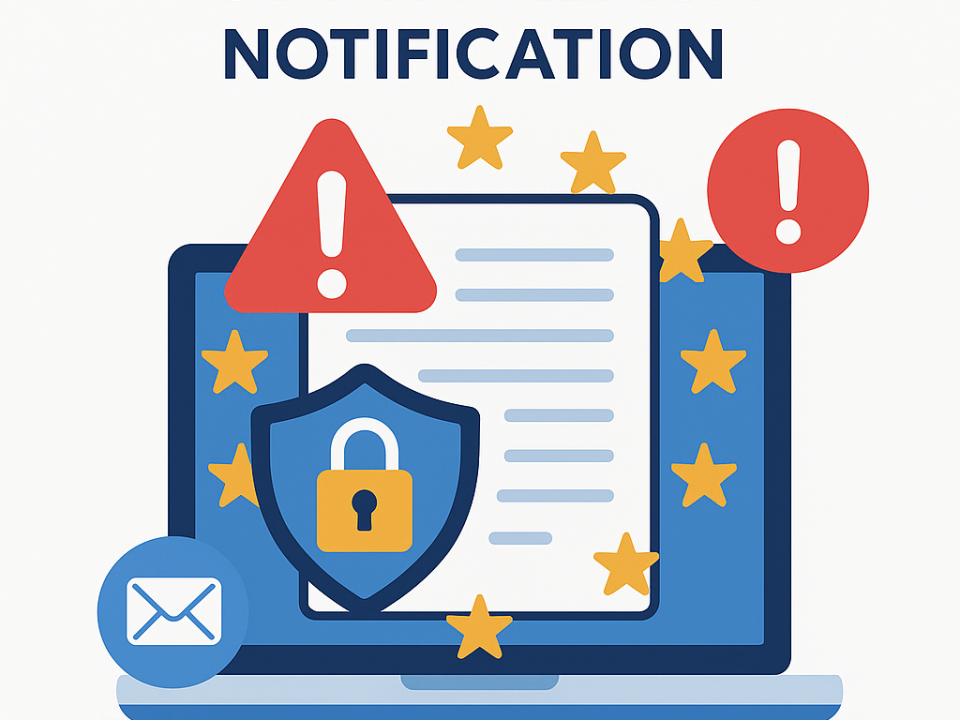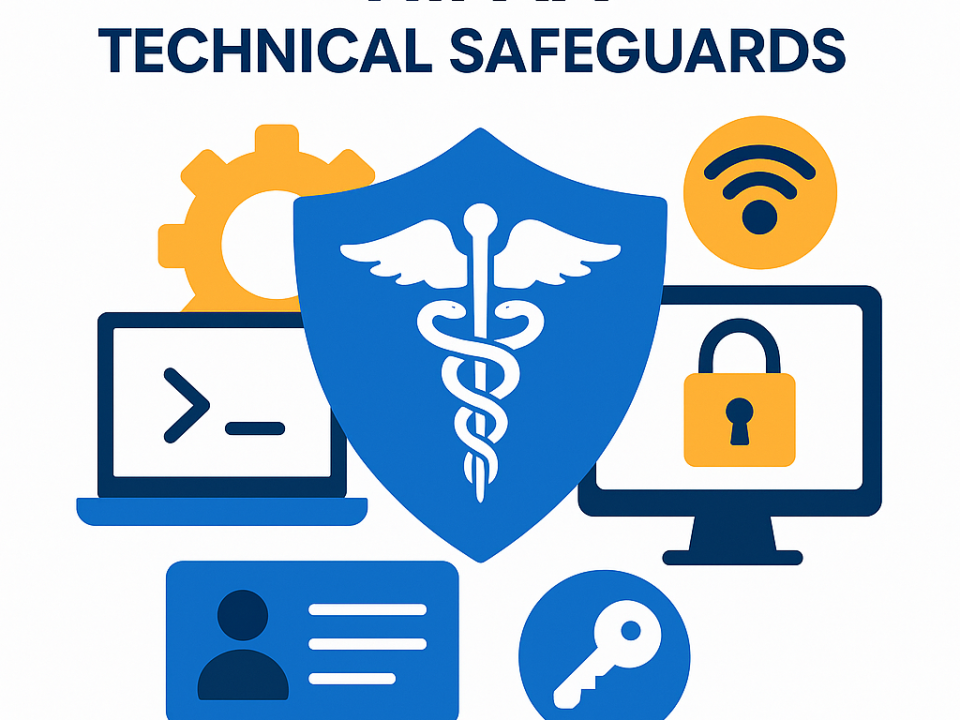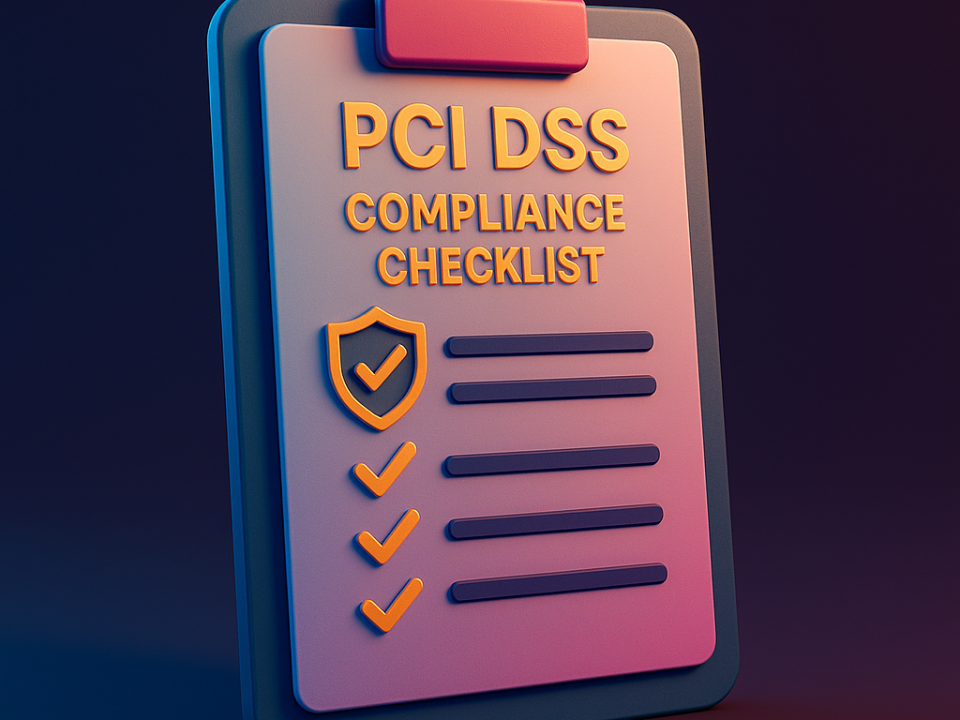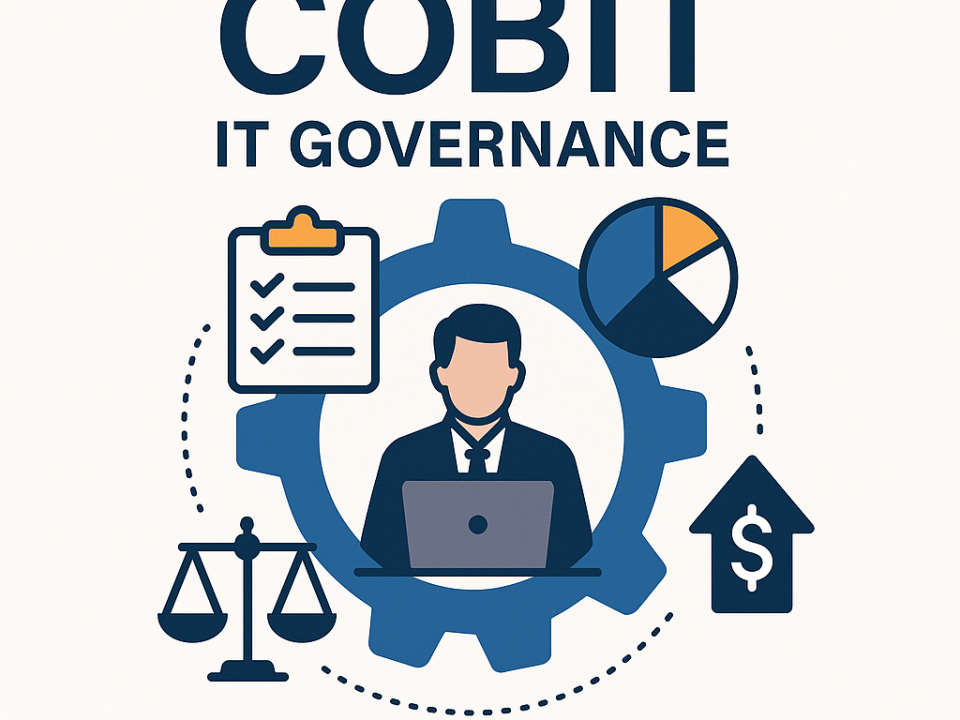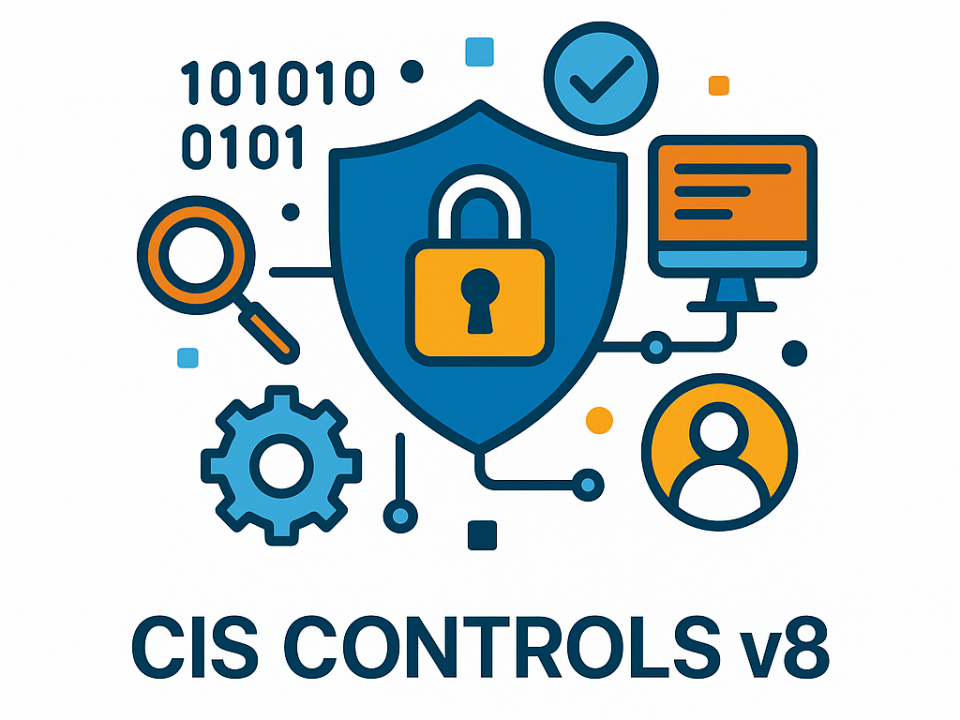The Ultimate PCI DSS Compliance Checklist: Safeguard Your Business and Customers
June 9, 2025Understanding GDPR Breach Notifications: Protecting Your Business and Data
June 9, 2025In today’s digital age, safeguarding sensitive patient information is more crucial than ever. The Health Insurance Portability and Accountability Act (HIPAA) establishes standards to protect medical data, and technical safeguards are a key component. Not only do these safeguards ensure compliance, but they also build trust between healthcare providers and patients.
Key Benefits of HIPAA Technical Safeguards
The primary benefit of implementing HIPAA technical safeguards is enhanced security. By employing encryption, access controls, and audit controls, healthcare organizations can effectively shield sensitive information from unauthorized access and data breaches. This not only protects the patients but also helps avoid hefty fines for non-compliance.
Additionally, technical safeguards foster a culture of privacy. When healthcare professionals prioritize data security, they reassure patients that their information is in safe hands. This can lead to increased patient satisfaction and loyalty.
Common Challenges Solved by HIPAA Technical Safeguards
Many healthcare organizations face challenges related to data security. Common issues include unauthorized access, data breaches, and lack of training for staff regarding privacy procedures. HIPAA technical safeguards address these problems by enforcing strict access controls, promoting encryption, and ensuring regular audits are in place.
For example, with proper implementation of access controls, only authorized personnel can view sensitive data, significantly reducing the risk of breaches. Audit controls can also help organizations track who accessed data and when, which is critical in identifying potential security threats.
Real-world Examples of Success Stories
Consider a medium-sized healthcare clinic that faced challenges with data security. After implementing HIPAA technical safeguards, such as multi-factor authentication and encrypted communications, they not only complied with regulations but also saw a 50% decrease in data access issues. Their patients reported feeling safer sharing their personal health information, directly impacting their business through increased referrals and reputation.
Another success story involves a large hospital that used audit logging as part of their safeguards. By keeping track of data access, they were able to detect and respond to unusual patterns promptly, preventing potential breaches before they escalated.
Call to Action: Safeguard Your Patients’ Data Today
Healthcare professionals and organizations are encouraged to take action now. Implementing HIPAA technical safeguards is not just a regulatory requirement; it is a commitment to your patients’ privacy and trust. If your organization has not yet prioritized these protective measures, consider conducting a risk assessment today. Seek the help of compliance experts if needed and invest in training for your staff.
Remember, in the world of healthcare, the trust of your patients is invaluable. By adopting HIPAA technical safeguards, you’re investing in both compliance and care, ensuring a brighter, safer future for everyone involved.


